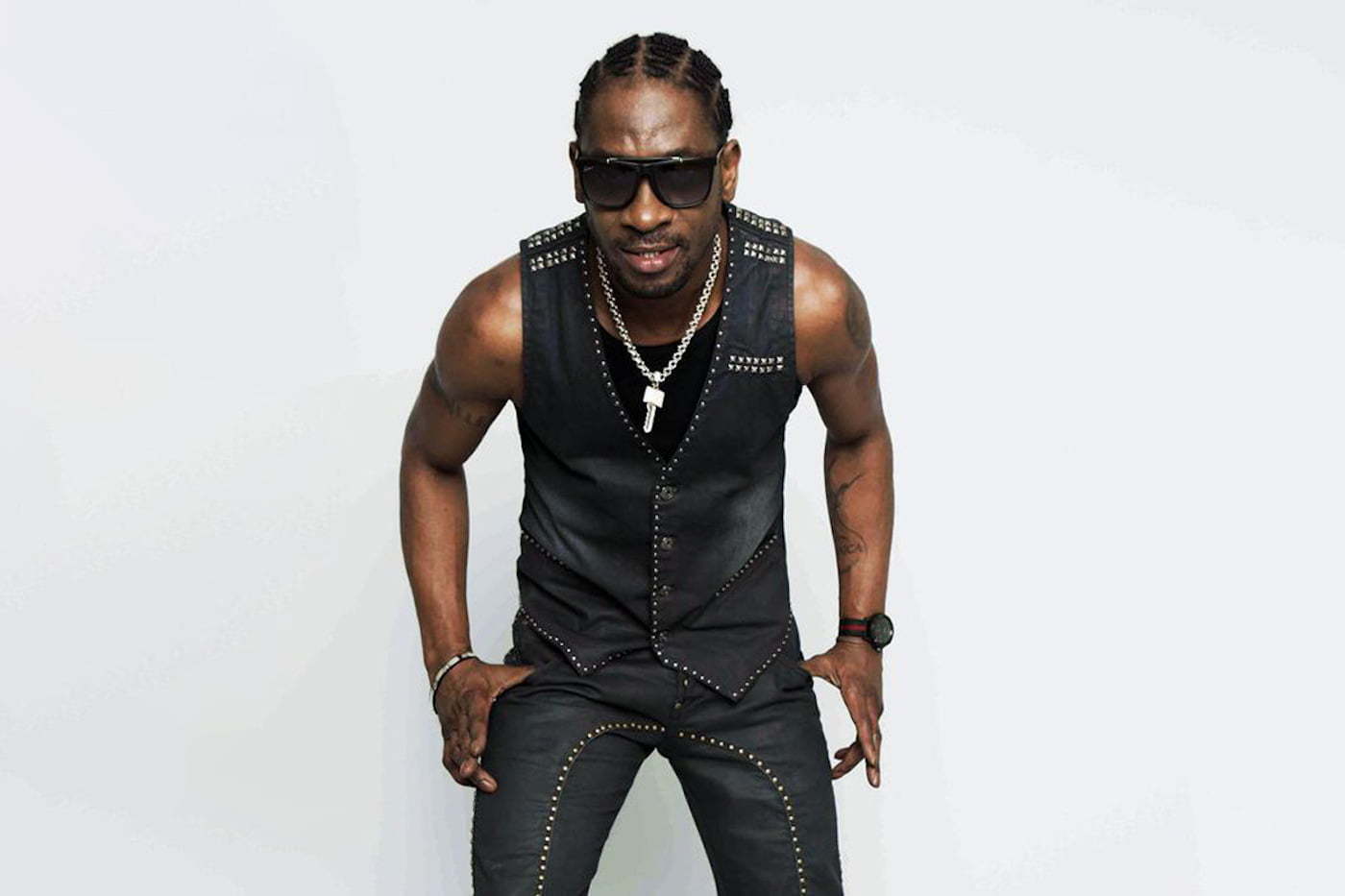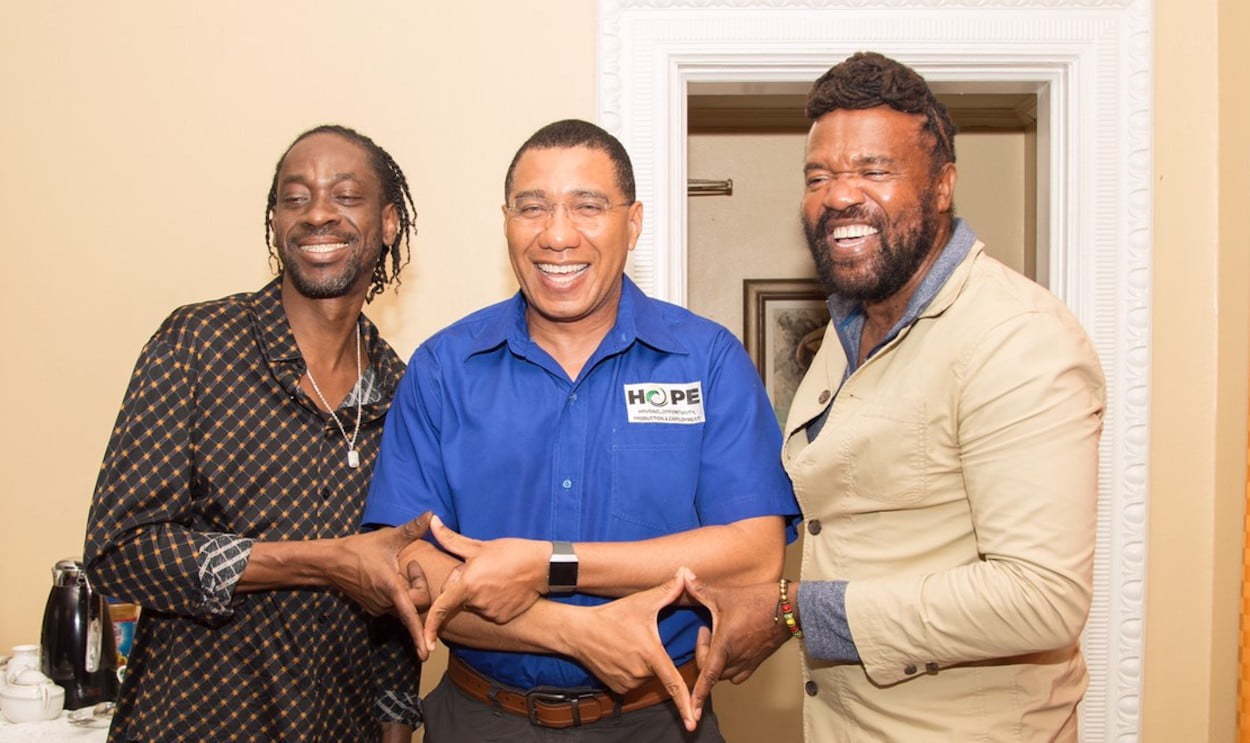Dancehall deejay Bounty Killer is reacting favorably to the offer of Jamaican Prime Minister Andrew Holness’ Parliamentary presentation that proposed a stimulus package for entertainers.
The Prime Minister was reprimanded by Jamaican citizens across social media for the suggestion as they are of the view that the entertainers are already rich and are not suffering like ordinary Jamaicans who are desperately in need of help.
Others accused PM Andrew Holness of seeking curry favor in the dancehall fraternity because of his growing lack of popularity due to statements he made weeks ago that dancehall music lyrics and artists had a direct link to rising crime in the country. Among those who made fun of the PM’s proposal were artists like Dexta Daps and Tanya Stephens, who stated their lack of interest in money from the government.
However, Bounty Killer is defending the move by the Prime Minister against those who are ridiculing his proposal.
In an interview after a donation by the Bounty Foundation, the dancehall legend said in spite of what some say, many artists are suffering and are in need of financial help. Many artists depend on performances and touring for income, and with the entertainment industry closed for more than a year, many have had to leave the island to perform elsewhere to maintain their survival.

Bounty Killer says upcoming artists are the ones who need help from the government.
“Why would entertainers not need support? Everybody needs support. Everybody knows what the pandemic does,” he said. “It hurts everybody’s income and well-being. You have entertainers with status that may not need it but what about the smaller ones who may not have a hit song as yet? There are some who need assistance and some who don’t. But there are people who I know that need assistance.”
The Prime Minister says there are plans to make an allocation of funds for the entertainment industry, and he intended to “call in the leaders of the industry … We want to have an engagement because we see our music and our culture as a part of our economic recovery,” Holness said.
His discussions framed a wider discussion of the contributions of the entertainment industry and the government’s plan for capital expenditures to build out entertainment centers on the island since the impromptu parties in communities are among schools and churches, and most times, the noise is an issue.
It’s been known that Jamaica needs more entertainment centers. The island’s premier center is Catherine Hall in Montego Bay which hosts Reggae Sumfest, arguably the largest music festival held in Jamaica. However, in recent years, the venue’s capacity has been shown to be inadequate, leading to calls for a new larger venue as more visitors enter the island to enjoy the entertainment offerings.
The Prime Minister says he is aware that changes need to include stakeholders, so persons do not feel like the government is fighting against dancehall.
“Presently, we have not designated spaces for entertainment, so you might have a dancehall right beside a church or a clinic within residential areas, and we disturb our neighbours,” he said. “What the pandemic has revealed is that we need to reconfigure our society. We need to sit with the stakeholders and plan to build a new Jamaica, a Jamaica in which entertainment can be accommodated, and this is a conversation that we need to have without anybody saying that we are fighting dancehall.”
